Ramadan is a holy time for devoting yourself to your faith, but for some, it can be a difficult holiday.
This period of self-reflection, growth and time with loved ones can hit hard for those of us with mental health disorders.
It’s important to assess your wellbeing, to see whether taking part in the festivities of the month will be helpful for you or not.

For people with mental health disorders, it’s easy to become overwhelmed.
It’s common for people during this period to experience feelings of guilt and unworthiness if they feel they haven’t fasted well enough, prayed hard enough or spent enough time with God.
Trying to do more than you’re capable of can lead to burnout, and only make you feel worse.

It’s not a requirement to fast, as Islam makes exceptions for people who cannot take part.
This includes people who are:
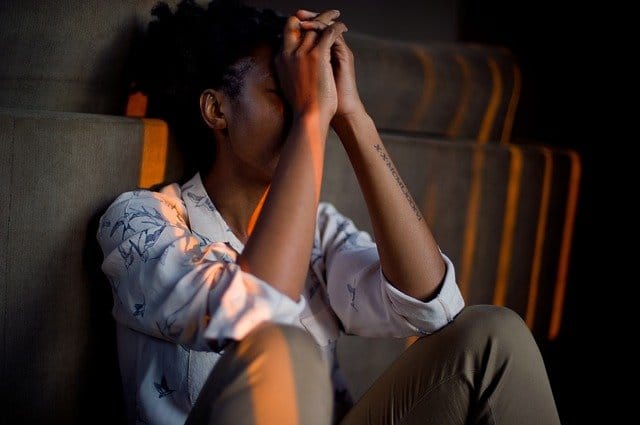
Yes, many Muslim mental health experts agree that psychiatric disorders are illnesses, and should be treated as such during Ramadan.[2]
Fasting is only for people who are physically and mentally well enough to take part.
Every person with a mental health disorder is different, so while some may be able to fast without problems, others may find it exacerbates their symptoms.

Some people in your life may not understand your decision not to fast, and your reasons for doing so.
Try to remember that religion is between you and God, and you’re the best person to know if you’re well enough or not.
Ramadan is about compassion for yourself and for others, so be gentle with yourself and remember that Allah has compassion for you too.
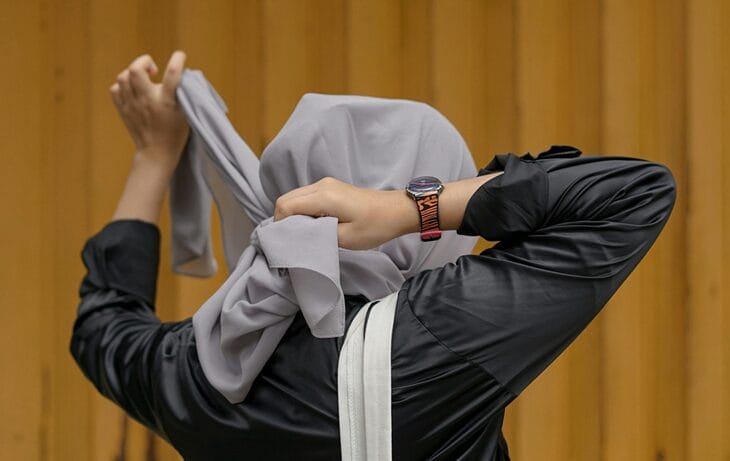
If you’ve experienced disordered eating or have an eating disorder, you should be cautious when it comes to fasting.
You may be at an increased risk of health complications if you’re underweight, as your body won’t have the same reserves to last the day without food that others do.
Not getting adequate nutrition can result in long-term effects.
Engaging in dietary restrictions could also be a trigger and cause your disordered eating to get worse.
Dr. Omara Naseem, a Muslim counselling psychologist advises that you should consider your intentions for fasting.
‘If your motivation to fast is anything related to eating disorder values like restricting food, losing weight, changing your shape – those aren’t the right reasons.’[3]
Ask yourself if you’re:
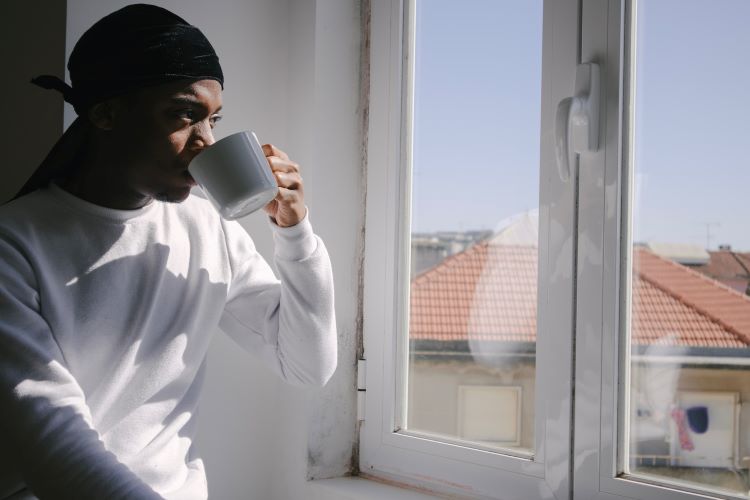
Dietary restrictions can be problematic for a wide range of mental health disorders.
Before taking part, consider:
Ultimately, only you can decide if you’re feeling up to the fast. If you try fasting and find yourself getting worse, this is a sign you may need to stop.
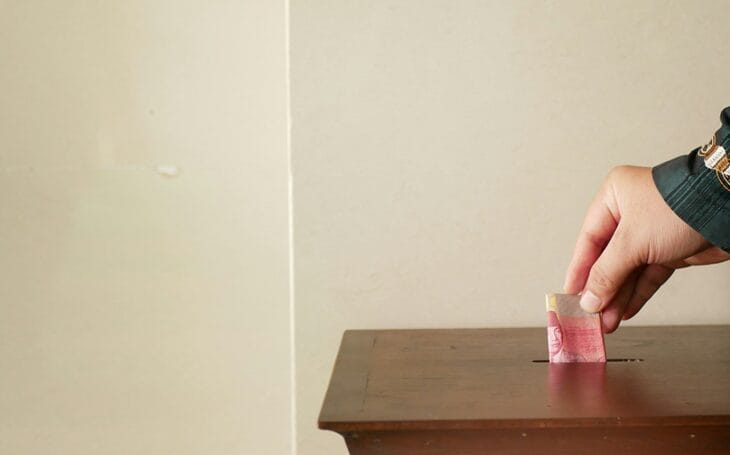
Ramadan isn’t just about fasting – there are many ways to observe the festival.
Those who cannot fast can pay ‘Fidya’ or ‘Fidyah’ if they have the means. This payment feeds a person in need for the duration of the month.[4]
This is a great good deed, and it can benefit your mental health to know you’ve helped somebody else.
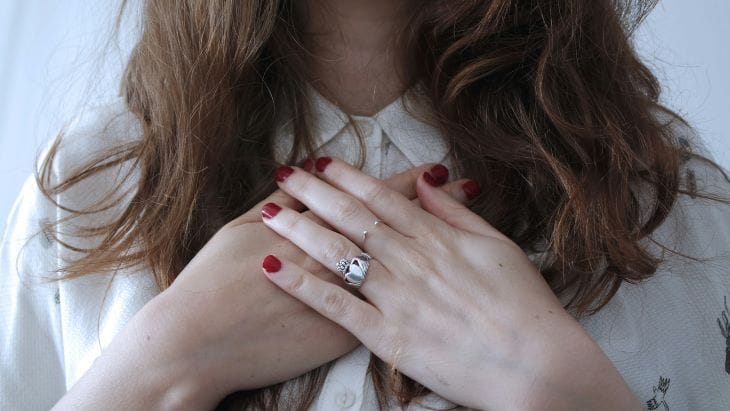
Fasting is about self-sacrifice. If you feel this is too much for you at the moment, you could make a sacrifice in a way that has more positive effects.
Why not try giving up something smaller and more manageable, like:

Research about the mental impact of fasting shows that cutting out food and water for long periods may increase negative emotions, and exacerbate depression, anxiety, and fatigue.[5]
So why does this happen?
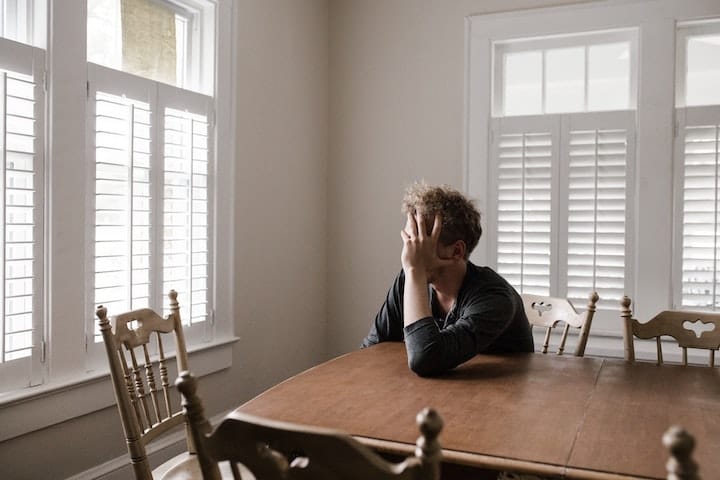
When our stomachs are empty, our blood sugar levels fall out of balance.
Researchers believe this could worsen psychotic disorders like:
In a study of how hunger affects adolescents’ mental health, hunger was linked with increased odds of symptoms of depression and suicidal thoughts.[7]

The whole day is a very long time to go without fluids, which can lead to dehydration.
Not enough water can lead to negative emotions.
Studies show that even mild dehydration can lead to increased tension, anxiety and fatigue.[8]


There is some dispute in the Muslim community about whether taking medication during Ramadan is allowed.
Most people agree that fasting with medication is permitted if required for medical reasons.[9]
Stopping your mental health medication or taking it at different times can have consequences, so please be cautious.
You shouldn’t feel pressured to do anything that could cause you harm during Ramadan.

Ramadan isn’t just about fasting, it’s about connecting the soul and body.
The ultimate goal is to be conscious of God, and there are many ways to do this.
Spending quiet time in solitude during Ramadan can allow you to take some needed me-time, away from the stresses of life, which is important for mental wellbeing.

Focusing on prayer keeps you present in the moment, which can provide a clear mind and sense of inner-peace.
Spending time with your thoughts without distraction is a good way to assess how you’re really feeling, and what you need to work on.
Life can be demanding, with multiple people and responsibilities pulling our attention away from what really matters.
Ramadan is a chance to reflect on your goals and what really matters to you, so you can make better changes for your future.
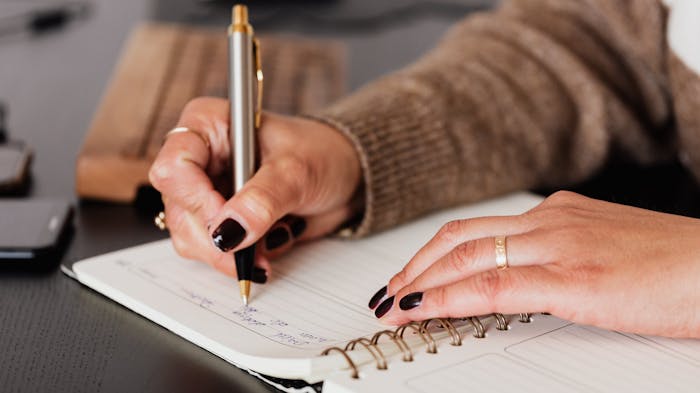
Ramadan can be a chance to drop unhealthy habits like smoking, drinking or snacking on unhealthy foods.
Making a hard and fast rule is sometimes the boost we need to let go of our vices, and carry these new healthy ways into the upcoming year.
Doing good for others is encouraged during Ramadan.
Kindness is also a great way to reduce stress and promote feelings of happiness.[10]
You could try some of these ideas, or come up with your own:

Many people find Ramadan a time of rejuvenation. There are many positive aspects you can indulge in to find spiritual tranquillity this month.
Ramadan is a time for thankfulness and celebrating life’s simple joys, so while we may be chasing big dreams, it can remind us that the most important things are often right in front of us.
In a time of abundance, the simple act of enjoying a meal with family can be overlooked. Ramadan gives us a chance to truly savour food and spending time with people we love.
Gratitude can be a great boost for mental health – researchers have found that a single grateful thought boosts our happiness by 10%, and can decrease depressive symptoms by 35%.[11]
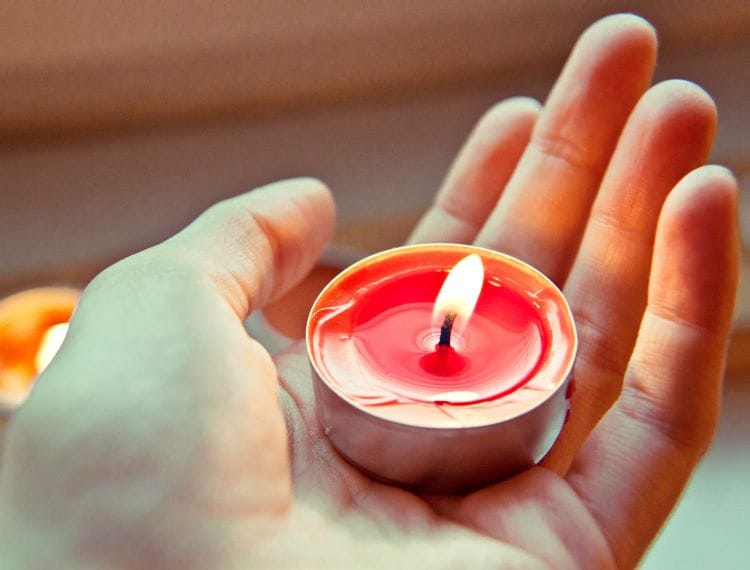
Grief can be a soul-crushing feeling. Whether you’re grieving someone you’ve lost, or even your own sense of self, Ramadan is a good time to reflect.
Ramadan is a nostalgic holiday that can stir up memories from the past. Take time to feel your emotions fully, sit with them, and understand them.
When you’re ready, you can fully let go and begin to heal.

Ramadan is a great excuse to spend quality time with friends and family while you break your fast at sundown.
Coming together intentionally for food and prayer gives you a better chance to open up to them about how you’re feeling, what you’re experiencing in life and how it’s affecting you.
Having a support network you can trust can do wonders for your wellbeing.

However you’re celebrating this Ramadan, do it in a way that brings you peace, self-growth and spiritual fulfilment.
Ramadan Mubarak!
[6] https://ajp.psychiatryonline.org/doi/abs/10.1176/ajp.90.2.321
[7] https://link.springer.com/article/10.1007/s00127-016-1204-9
[9] https://www.ilmuk.org/news/taking-medication-during-ramadan/
[10] Curry OS, Rowland LA, Van Lissa CJ, Zlotowitz S, McAlaney J, Whitehouse H. Happy to help? A systematic review and meta-analysis of the effects of performing acts of kindness on the well-being of the actor. J Exp Soc Psychol. 2018;76:320–9.